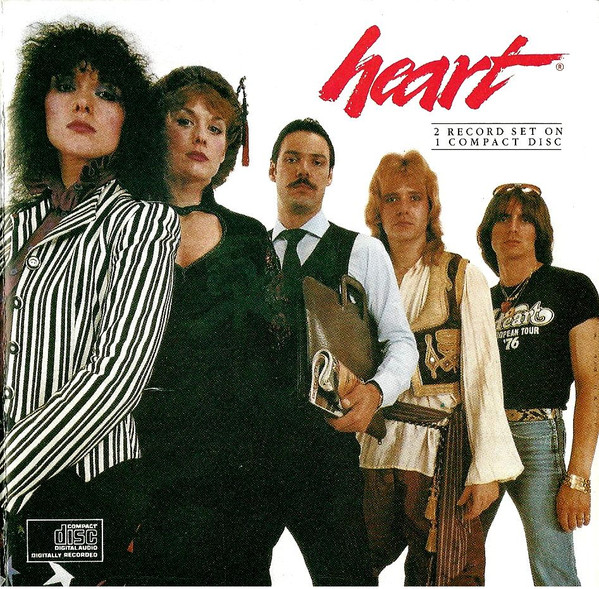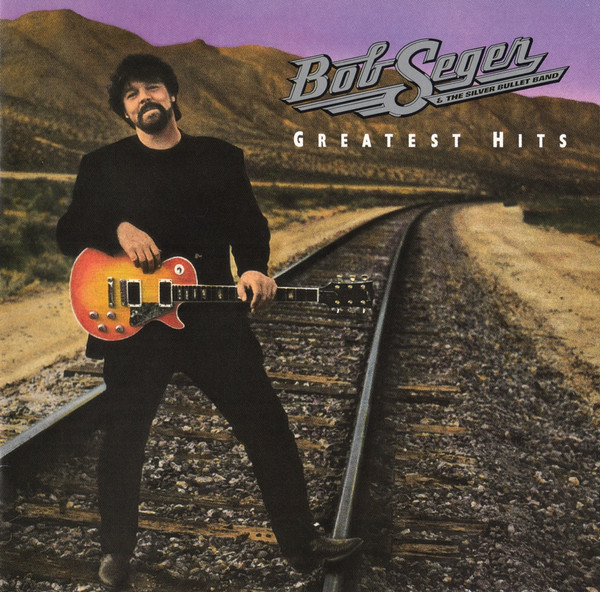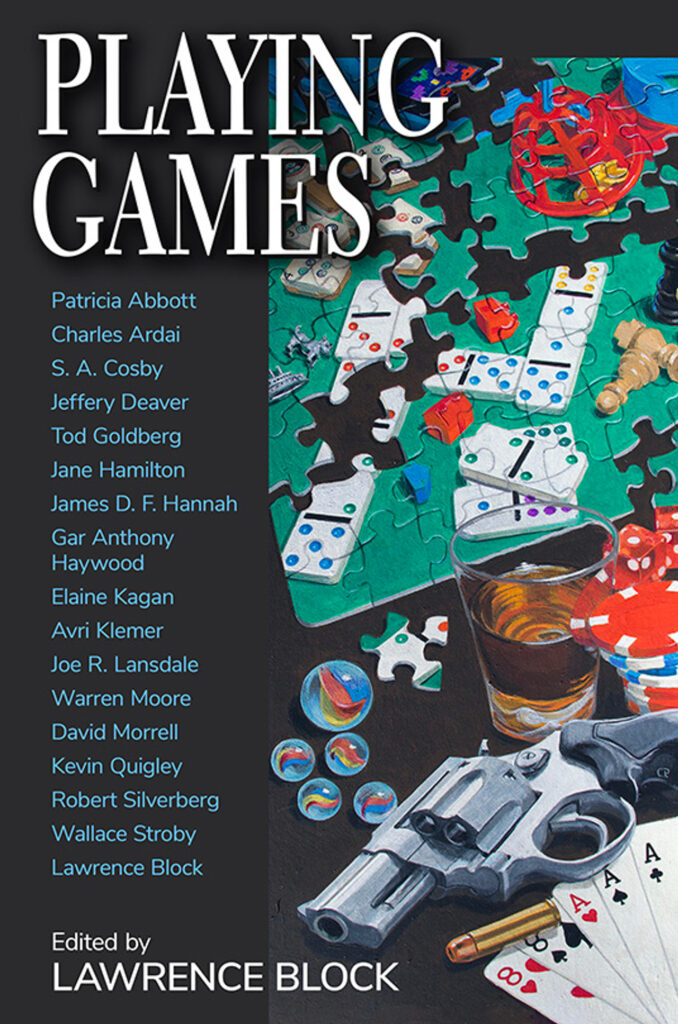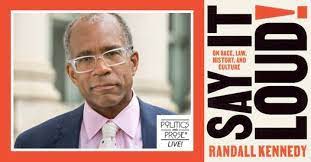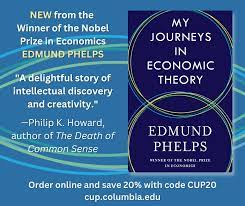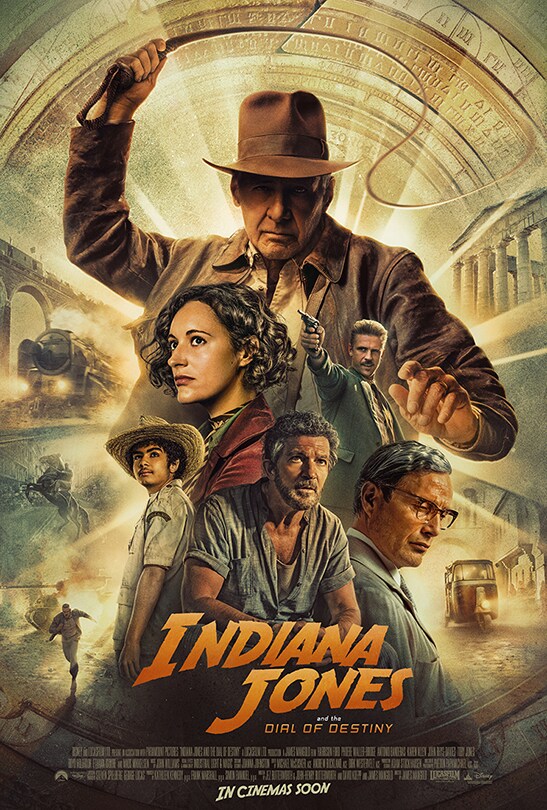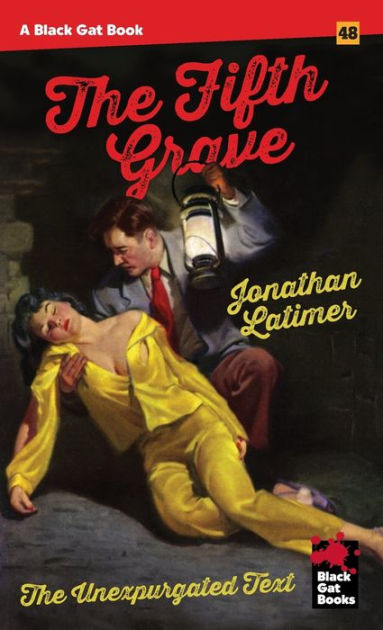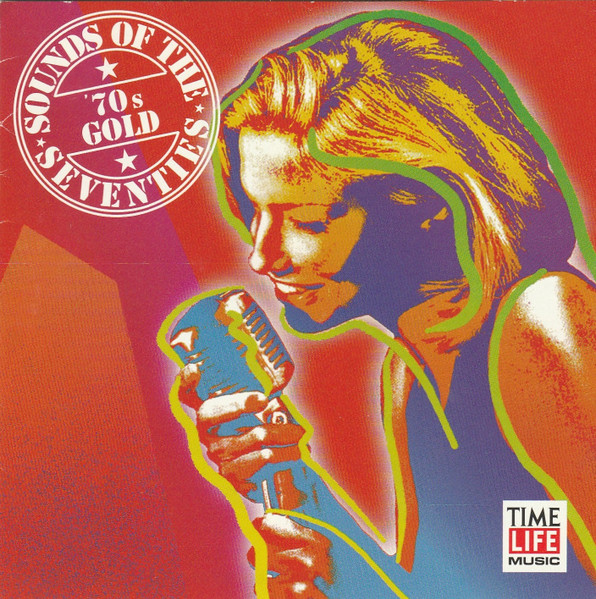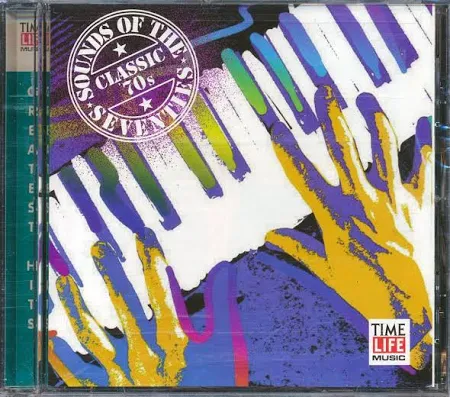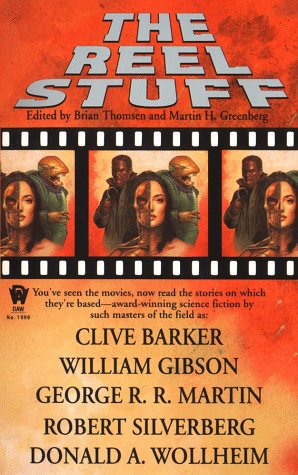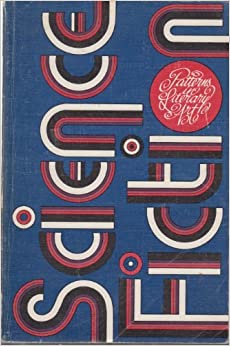
Leo P. Kelley (no relation) was a Science Fiction writer who edited three “academic” anthologies (see below) for McGraw-Hill. In the early 1970s, many colleges and universities started offering courses in Science Fiction and Fantasy. Some editor at McGraw-Hill saw the opportunity to create a series of textbooks for students taking those courses.
Kelley delivered an anthology of 32 stories with a “contemporary” feel. Most of the stories were published in the 1960s. There are a few stories from the 1950s and a couple from the 1970s.
Obviously, Kelley decided to skip the “historical” approach to SF–no Heinlein, no Van Vogt–and concentrated on stories students might enjoy. The most “classic” of these stories is Tom Godwin’s “The Cold Equations” from 1954.
Big Name writers like Isaac Asimov, Philip K. Dick, Arthur C. Clarke, Kurt Vonnegut, Jr., and Harlan Ellison are included. Newcomers like Gene Wolfe, Carol Carr, Norman Spinrad, Charles Platt, and Dean R. Koontz point toward the Future.
Kelley includes some of my favorite writers: Fritz Leiber, Keith Laumer, Chad Oliver, Fredric Brown, Poul Anderson, Richard Matheson, Fred Saberhagen, C.M.Kornbluth and Frederik Pohl.
Other publishers got into the SF textbook market with more traditional chronological anthologies. Themes in Science Fiction provides short stories that are still fun to read today! Do you recognize some of these stories? Any favorites? Did you ever take a SF course in College? GRADE: A
TABLE OF CONTENTS:
- 3 • The Last of the Romany • (1963) • short story by Norman Spinrad
- 14 • The Total Experience Kick • (1966) • short story by Charles Platt
- 28 • Shortstack • [Willy Shorts] • (1964) • novelette by Leigh Richmond and Walt Richmond
- 47 • Far from This Earth • (1970) • short story by Chad Oliver
- 63 • Maelstrom II • (1965) • short story by Arthur C. Clarke
- 76 • Founding Father • (1965) • short story by Isaac Asimov
- 82 • Holdout • (1957) • short story by Robert Sheckley
- 93 • The Cold Equations • [Cold Equations (Godwin)] • (1954) • novelette by Tom Godwin
- 119 • The Father-Thing • (1954) • short story by Philip K. Dick
- 131 • The Silk and the Song • (1956) • novelette by Charles L. Fontenay
- 155 • Eyebem • (1970) • short story by Gene Wolfe
- 165 • Puppet Show • (1962) • short story by Fredric Brown
- 174 • Look, You Think You’ve Got Troubles • (1969) • short story by Carol Carr
- 187 • Young Girl at an Open Half-Door • (1968) • short story by Fred Saberhagen
- 196 • The Man Who Came Early • (1956) • novelette by Poul Anderson
- 219 • Soldier • (1967) • short fiction by Harlan Ellison
- 239 • The Good Provider • (1952) • short story by Marion Gross
- 247 • A Message from Charity • (1967) • short story by William M. Lee
- 266 • Witch War • (1951) • short story by Richard Matheson
- 271 • Gomez • (1954) • novelette by C. M. Kornbluth
- 294 • Muse • (1969) • short story by Dean R. Koontz
- 307 • The World of Myrion Flowers • (1961) • short story by C. M. Kornbluth and Frederik Pohl
- 313 • X Marks the Pedwalk • (1963) • short story by Fritz Leiber
- 318 • EPICAC • (1950) • short story by Kurt Vonnegut, Jr.
- 325 • The Last Command • [Bolo] • (1967) • short story by Keith Laumer
- 343 • Lost Memory • (1952) • short story by Peter Phillips
- 357 • The Survivor • (1965) • novelette by Walter F. Moudy
- 383 • The Post-Mortem People • (1966) • short story by Peter Tate
- 398 • The Travelin’ Man • (1970) • short story by Leo P. Kelley
- 409 • One Love Have I • (1955) • short story by Robert F. Young
- 424 • Who Shall Dwell • (1962) • short story by H. C. Neal
MCGRAW-HILL ANTHOLOGIES EDITED BY LEO P. KELLEY:
- The Supernatural in Fiction (1973)
- Fantasy: The Literature of the Marvelous (1974)
- Themes in Science Fiction (1972)
